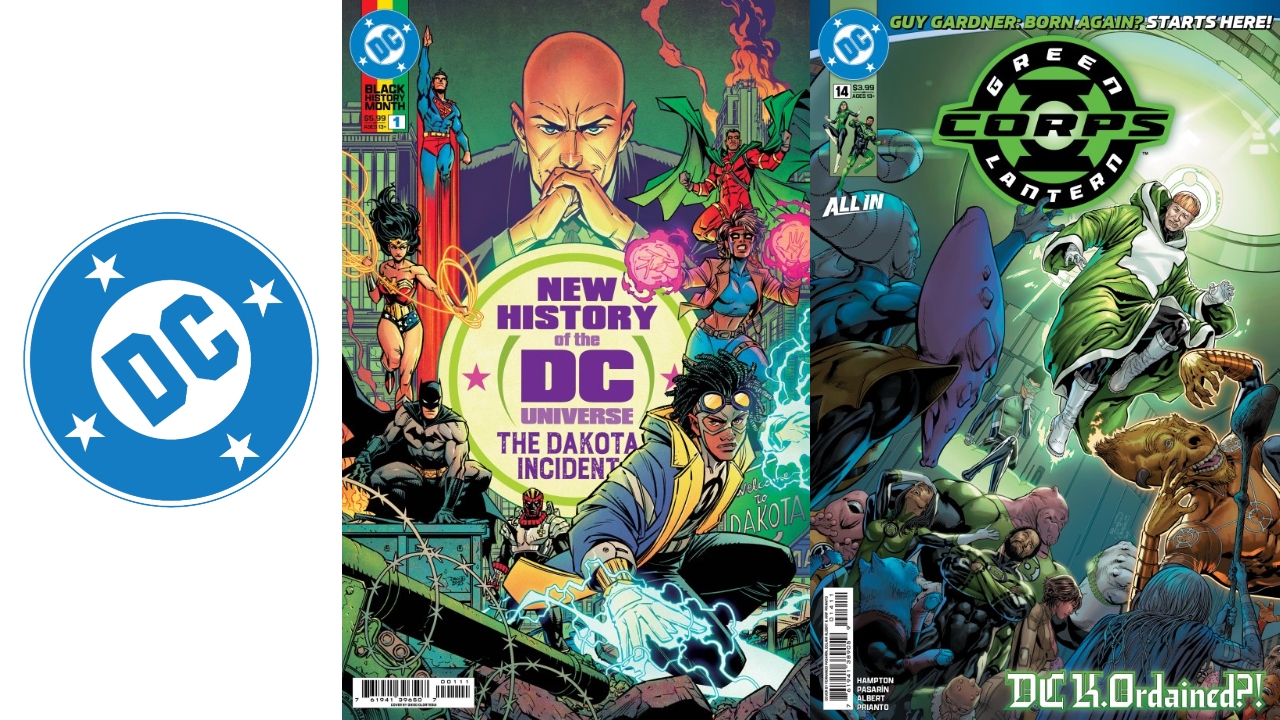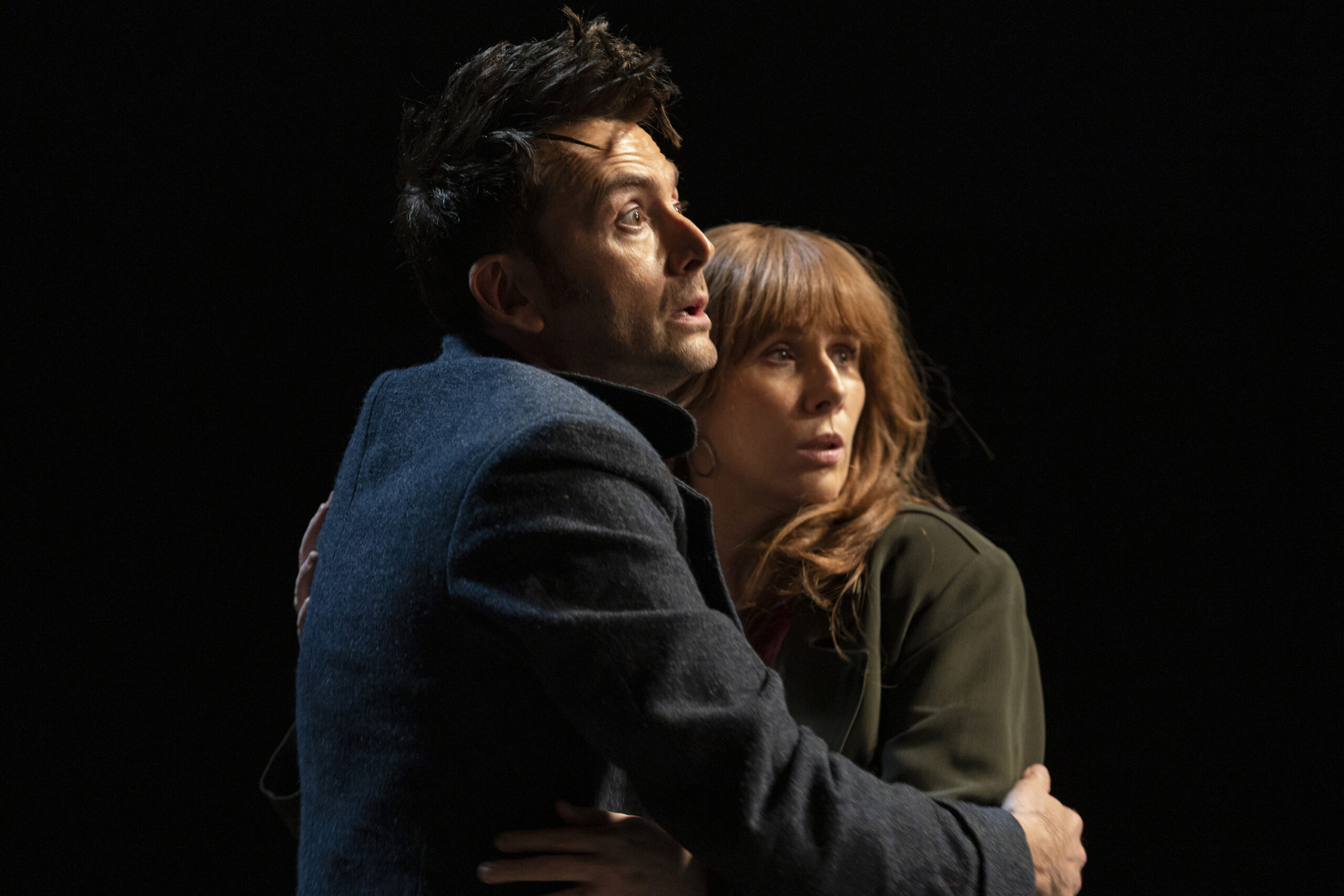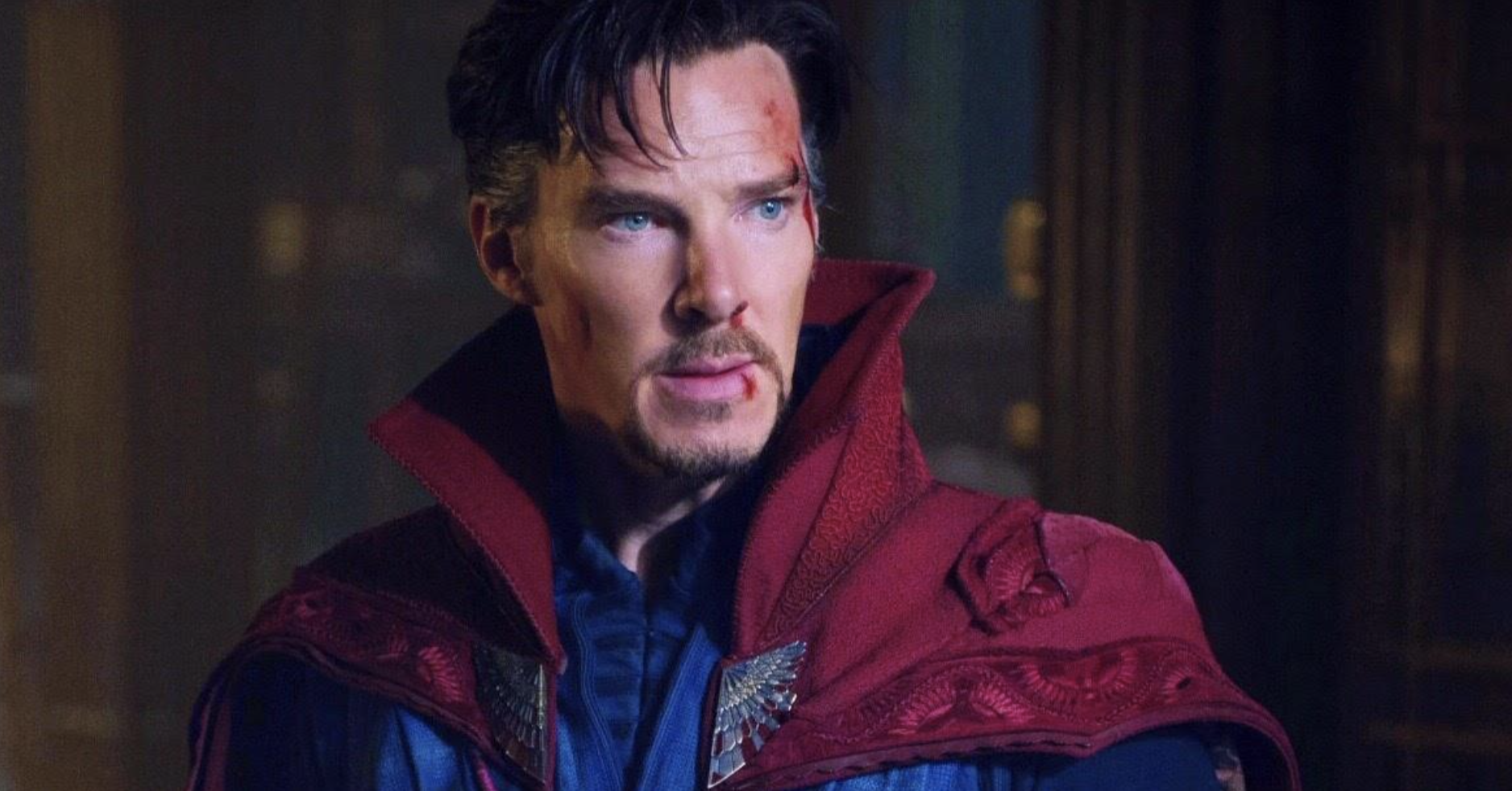Sitting through Westworld Season 2 was like trying to figure out a puzzle box without any instructions. You can try to solve the mysteries by implementing a variety of different techniques. Once the puzzle is finally solved, it’s usually by a simple move or quick trick that reveals the hidden compartment. The discovery is always underwhelming — rarely worth the effort required.
Could the same be said about Westworld moving forward?
After ten grueling episodes of mainly exposition, Season 2 was a host with a botched drive failing to prove fidelity when probed by engineers, and could be the most disappointing HBO follow-up since True Detective‘s sophomore effort.
The greatest malfunction of True Detective was decreasing the character development and cranking up the complicated story (something about a land deal, I still have no idea). Following the end of the Westworld‘s first season, where the robo-pocalypse has begun, Westworld creators Jonathan Nolan and Lisa Joy abandoned what made the show so great and went full on philosophical mumbo-jumbo rantings. Instead of progressing the narrative, they relied heavily on varied timelines, making the science fiction’s headier aspects border on self-parody, like the inane writing of a goth student who devours the works of Asimov and Heinlein, only to regurgitate fractures of their genius on the written page.
The consensus is the sequel arc backfired, considering the ire Westworld has faced from the online community and the lack of interest (the viewership of the finale was down 30% from last season). A similar double-digit fall was seen in True Detective‘s season finale, suffering a 15% drop.
Even a fanboy with the Westworld Season 2 timeline etched out would look more like someone trying to explain the film Primer to the uninitiated.
Unlike the first season, where the characters changed as frequently as the Western backdrop, season two saw little progression in their cast. Initially, the robots were stereotypes that a viewer could find wandering around old Western sets, slowly breaking down the designs and discovering the camera’s behind the shabby cut-out of an aged saloon. The evolution of discovering awareness beneath the gears that make their artificial hearts tick was a highlight. Instead, we know who they are, and they are emotionally steadfast in their cowboy boots from the opener of this season:
Dolores is an asshole; Teddy is Western window decoration; Bernard is a neurotic mess with amnesia; Anthony Hopkins is an elder Tyler Durden; The Man In Black sheds his image as a tragic figure and has evolved into a full-on villain; Mauve is somehow a Westworld God; Tessa Thompson is badly miscast, which makes the twist that she’s a host give her some saving face for clearly phoning it in.
Unlike True Detective, which had no highlights and only disappointment that delayed the third season six years after its debut, a duo of Westworld‘s season two episodes stand out head-and-shoulders above the rest: Over years, the William interviews an android version of his father-in-law, monitoring his mannerisms and growing increasingly dour as each clone fails to perfect the human behavior of its mortal predecessor. In what is inarguably the best episode, Akecheta (the leader of the Ghost Nation tribe) details his blissful life with Kohana, before programmers redesign him as a killing machine. Slowly, he gains understanding and seeks to enlighten others of his ilk.
While these episodes gave the second season one step forward, the follow-ups would make it stumble two steps back, refusing story progression in favor of subplots marred in various timelines. Most of these highs were followed by remarkable lows, where the story floundered under the weight of its own observed brilliance, causing a plethora of questions with little answers – credited more to rushed writing than creative oversight.
Why was there a room filled with Bernard’s that was never revisited? What in the hell is happening in Samurai World and Raj World? Where did Mauve find these God powers? What is Beth in accounting and Harold in marketing doing while the entire park is shutting down? Why did Dolores resurrect Bernard if he’s going to serve as her antagonist? Is there a reason why no one is disposing of bodies, instead of leaving them around as set decoration? Does anyone know what’s going on anymore, writers included?
Some plot points were sporadically abandoned: the Shogun World episode is given about an episode and a half before the characters are left to defend their lands, I’m assuming. Both less famous Hemsworth and Skaarsgard elder brothers pop their heads on the screen whenever the script deems fit, which is once every third or fourth episodes.
Some people die this season, but unlike the first season, I could care less. If anything, I was cheering for the bloodshed, just because something actually happened — a welcome reprieve from characters embarking on monologues that were composed of cryptic hints over a conclusion that provided pretentiousness. But to be honest, live or die, these characters added nothing to the story; their presence is hardly noticed (seriously, Mauve was given Deus ex Machina gifts just to hold back brawling townsfolk so her daughter’s mind could be sucked into robo-heaven? Yeah, okay.)
HBO isn’t renowned for ending their shows on the right note. Boardwalk Empire, Deadwood, True Blood, and The Sopranos went out with whimpers rather than the bangs that initiated their respective fandom. However, marring a show when its gaining momentum is a new flaw that started with True Detective and continues through the disappointment of Westworld. Let’s hope their follow-up entries get a much-needed boost from heavy brainstorming or rewrites.
Don’t forget to share this post on your Facebook wall and with your Twitter followers! Just hit the buttons on the top of this page.
 FOR FANBOYS, BY FANBOYS
Have you checked out LRM Online’s official podcasts and videos on The Genreverse Podcast Network? Available on YouTube and all your favorite podcast apps, This multimedia empire includes The Daily CoG, Breaking Geek Radio: The Podcast, GeekScholars Movie News, Anime-Versal Review Podcast, and our Star Wars dedicated podcast The Cantina. Check it out by listening on all your favorite podcast apps, or watching on YouTube!
Subscribe on: Apple Podcasts | Spotify | SoundCloud | Stitcher | Google Play
FOR FANBOYS, BY FANBOYS
Have you checked out LRM Online’s official podcasts and videos on The Genreverse Podcast Network? Available on YouTube and all your favorite podcast apps, This multimedia empire includes The Daily CoG, Breaking Geek Radio: The Podcast, GeekScholars Movie News, Anime-Versal Review Podcast, and our Star Wars dedicated podcast The Cantina. Check it out by listening on all your favorite podcast apps, or watching on YouTube!
Subscribe on: Apple Podcasts | Spotify | SoundCloud | Stitcher | Google Play






